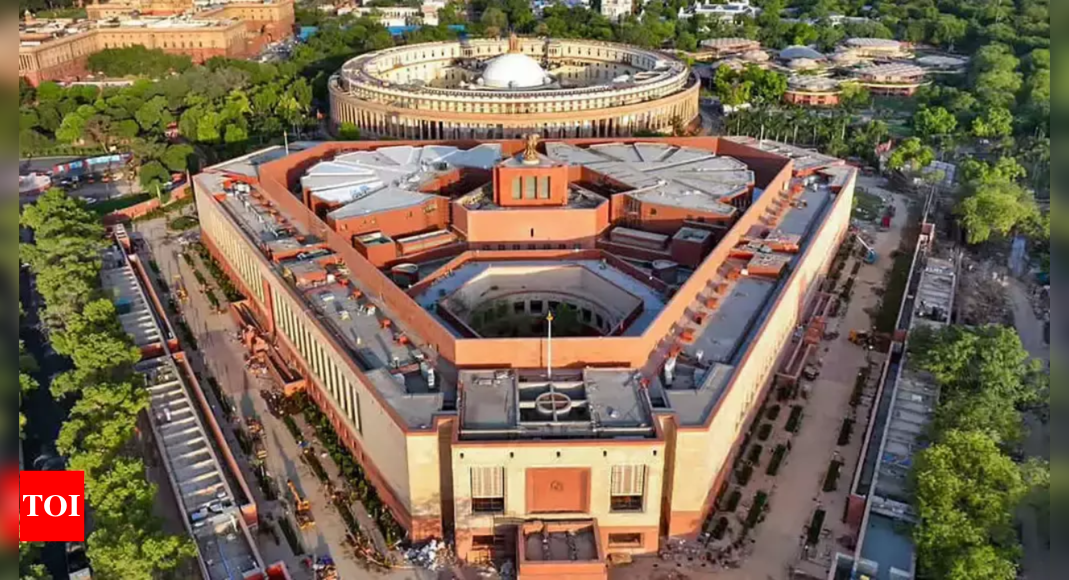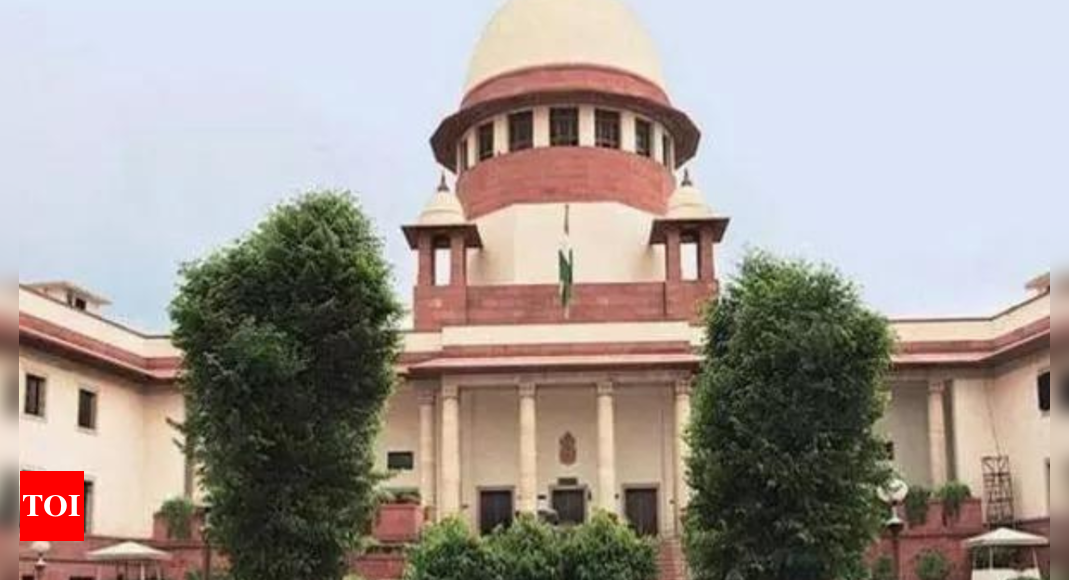
BENGALURU/MANGALURU: Dr. BR Shetty, the Dubai-based billionaire founder of NMC Healthcare, whose fortunes have significantly diminished in recent times, has encountered a fresh setback. Udupi-born Shetty, whose net worth was over $3 billion in 2019, racked up $4 billion in debt allegedly due to inflated financials of NMC through fraudulent loans, credit facilities, and fraudulent related-party round tripping transactions.
In a recent ruling, the New York Supreme Court has dismissed Shetty’s claim seeking damages amounting to $8 billion in favour of an alternative forum following motions submitted by defendants Bank of Baroda, Credit Europe Bank and Ernst & Young (EY).The other individual defendants in the case include two former top NMC executives Prasanth Manghat and Promoth Manghat.
Justice Cohen of the New York State Supreme Court decided the case in favour of Bank of Baroda and other defendants, dismissing the case based on the ground of forum non conveniens. The principle of forum non conveniens allows a court in the United States to refuse to exercise its judicial authority when it determines that the court would be an inappropriate venue for the case, and when a suitable alternative court is available. A majority of the alleged transactions and events that are relevant to the case occurred outside the US.
The court determined that New York was not the appropriate jurisdiction to hear the case, considering numerous factors. The presence of a single Bank of Baroda branch in New York was deemed insufficient to overcome the plaintiffs’ lack of residency in the forum.
When TOI reached out to Shetty, he said, “We are disappointed and strongly disagree with the New York Commercial Division Court’s non-merits decision to dismiss the lawsuit in favor of an alternative forum, especially in light of the evidence my team submitted showing billions of dollars of fraudulent transactions being structured through Bank of Baroda’s New York branch. In any event, we will continue to pursue Bank of Baroda and the other defendants whether by taking the appeal to the NY Appellate Division or pursuing our lawsuit in an alternative forum,” he said in a statement to TOI.
Separately, Shetty told TOI that the case will be moved to the Abu Dhabi court. “It’s daylight robbery. How can the case be dismissed? Justice delayed is justice denied,” he told TOI.
Dharmendra Chatur, partner in law firm Poovayya & Co, said, “This is an excellent victory for Bank of Baroda, especially because of the stakes involved and the absence of connection with the jurisdiction (New York). The joint efforts of the Bank and other corporate defendants in the motion to dismiss led to this outcome. The plaintiffs will now have to identify a more appropriate jurisdiction in which to re-file their claims.” The Bank of Baroda was advised on aspects of the litigation by Poovayya & Co. Shetty owes over $250 million to Bank of Baroda. An email sent to Bank of Baroda and EY didn’t elicit a response till the time of going to press.
The amended complaint filed by Shetty last year showed that he relinquished day-to-day management responsibilities in late 2012 to the individual defendants. The complaint also showed that individual defendants used the larger off-balance-sheet loans to pay back prior obligations, which was required to keep the Ponzi scheme going. “In addition, the individual defendants siphoned off and unlawfully distributed proceeds from the larger off-balance-sheet loans to themselves and their co-conspirators, including Baroda, CEB, and EY executives and other employees,” it said.
“Unbeknownst to Shetty, the Manghat Brothers used his sterling reputation and fortune to further the defendants’ conspiracy and fraud in a variety of ways, including by forging Shetty’s signatures on purported personal guarantees tied to the off-balance sheet loans (including the supply chain finance loans) fraudulently procured by the individual defendants.
It alleged the defendants’ fraud has caused Shetty over $7 billion in damages, including from purported personal guaranty exposure, massive reputational damage, the loss of his equity in the group companies, and enormous expenses to defend himself against enforcement actions on the forged guarantees.
In a recent ruling, the New York Supreme Court has dismissed Shetty’s claim seeking damages amounting to $8 billion in favour of an alternative forum following motions submitted by defendants Bank of Baroda, Credit Europe Bank and Ernst & Young (EY).The other individual defendants in the case include two former top NMC executives Prasanth Manghat and Promoth Manghat.
Justice Cohen of the New York State Supreme Court decided the case in favour of Bank of Baroda and other defendants, dismissing the case based on the ground of forum non conveniens. The principle of forum non conveniens allows a court in the United States to refuse to exercise its judicial authority when it determines that the court would be an inappropriate venue for the case, and when a suitable alternative court is available. A majority of the alleged transactions and events that are relevant to the case occurred outside the US.
The court determined that New York was not the appropriate jurisdiction to hear the case, considering numerous factors. The presence of a single Bank of Baroda branch in New York was deemed insufficient to overcome the plaintiffs’ lack of residency in the forum.
When TOI reached out to Shetty, he said, “We are disappointed and strongly disagree with the New York Commercial Division Court’s non-merits decision to dismiss the lawsuit in favor of an alternative forum, especially in light of the evidence my team submitted showing billions of dollars of fraudulent transactions being structured through Bank of Baroda’s New York branch. In any event, we will continue to pursue Bank of Baroda and the other defendants whether by taking the appeal to the NY Appellate Division or pursuing our lawsuit in an alternative forum,” he said in a statement to TOI.
Separately, Shetty told TOI that the case will be moved to the Abu Dhabi court. “It’s daylight robbery. How can the case be dismissed? Justice delayed is justice denied,” he told TOI.
Dharmendra Chatur, partner in law firm Poovayya & Co, said, “This is an excellent victory for Bank of Baroda, especially because of the stakes involved and the absence of connection with the jurisdiction (New York). The joint efforts of the Bank and other corporate defendants in the motion to dismiss led to this outcome. The plaintiffs will now have to identify a more appropriate jurisdiction in which to re-file their claims.” The Bank of Baroda was advised on aspects of the litigation by Poovayya & Co. Shetty owes over $250 million to Bank of Baroda. An email sent to Bank of Baroda and EY didn’t elicit a response till the time of going to press.
The amended complaint filed by Shetty last year showed that he relinquished day-to-day management responsibilities in late 2012 to the individual defendants. The complaint also showed that individual defendants used the larger off-balance-sheet loans to pay back prior obligations, which was required to keep the Ponzi scheme going. “In addition, the individual defendants siphoned off and unlawfully distributed proceeds from the larger off-balance-sheet loans to themselves and their co-conspirators, including Baroda, CEB, and EY executives and other employees,” it said.
“Unbeknownst to Shetty, the Manghat Brothers used his sterling reputation and fortune to further the defendants’ conspiracy and fraud in a variety of ways, including by forging Shetty’s signatures on purported personal guarantees tied to the off-balance sheet loans (including the supply chain finance loans) fraudulently procured by the individual defendants.
It alleged the defendants’ fraud has caused Shetty over $7 billion in damages, including from purported personal guaranty exposure, massive reputational damage, the loss of his equity in the group companies, and enormous expenses to defend himself against enforcement actions on the forged guarantees.









